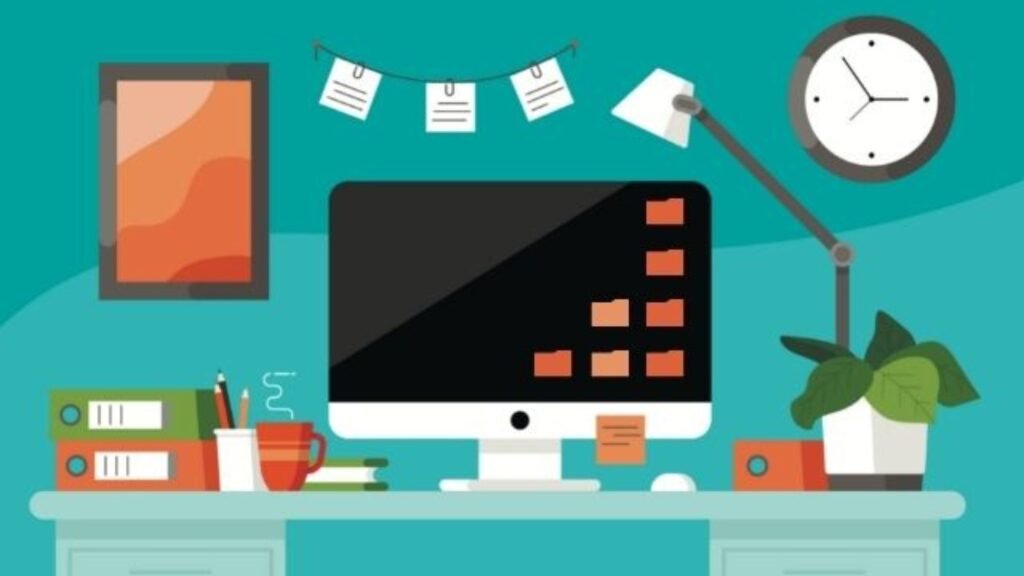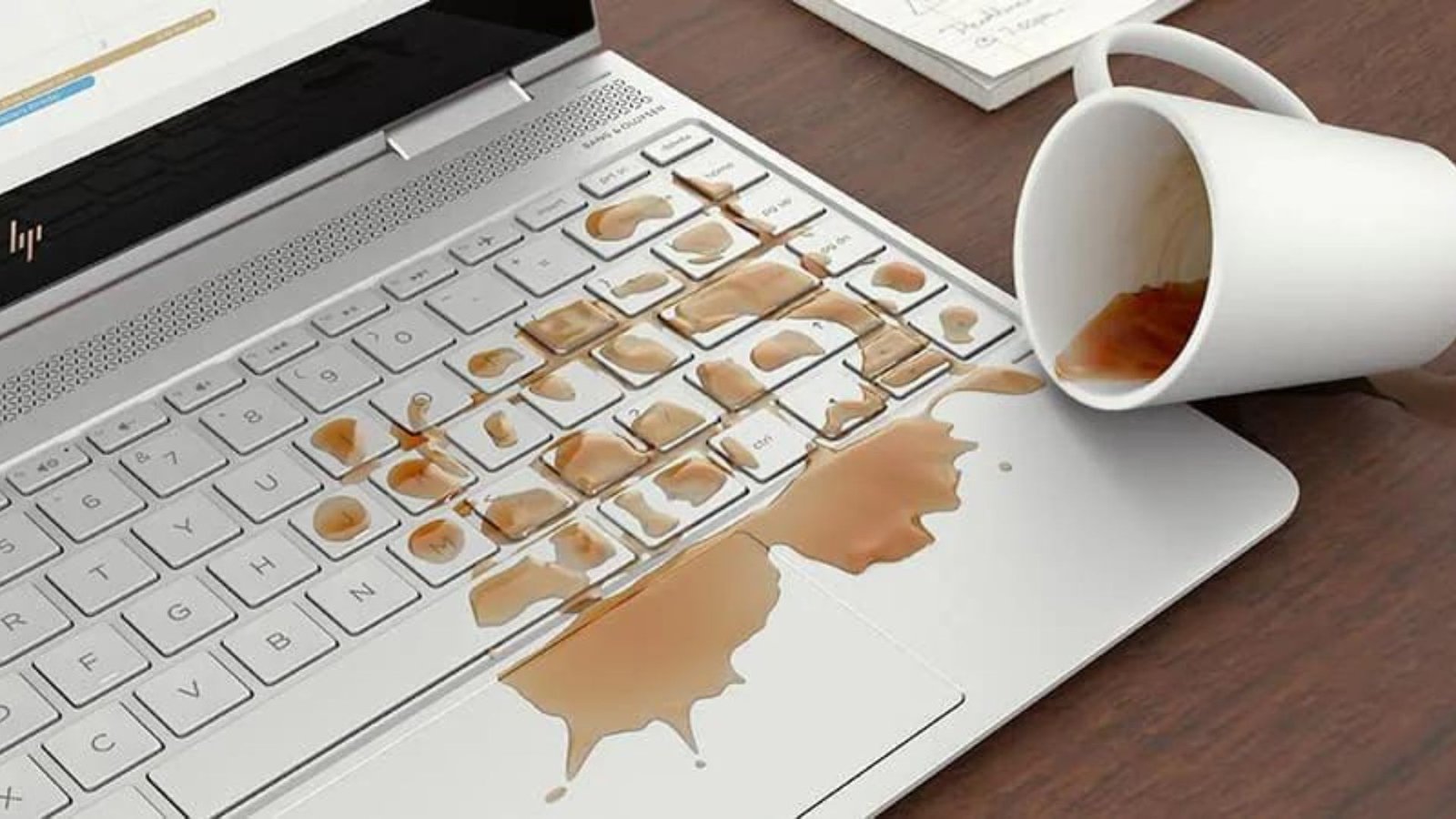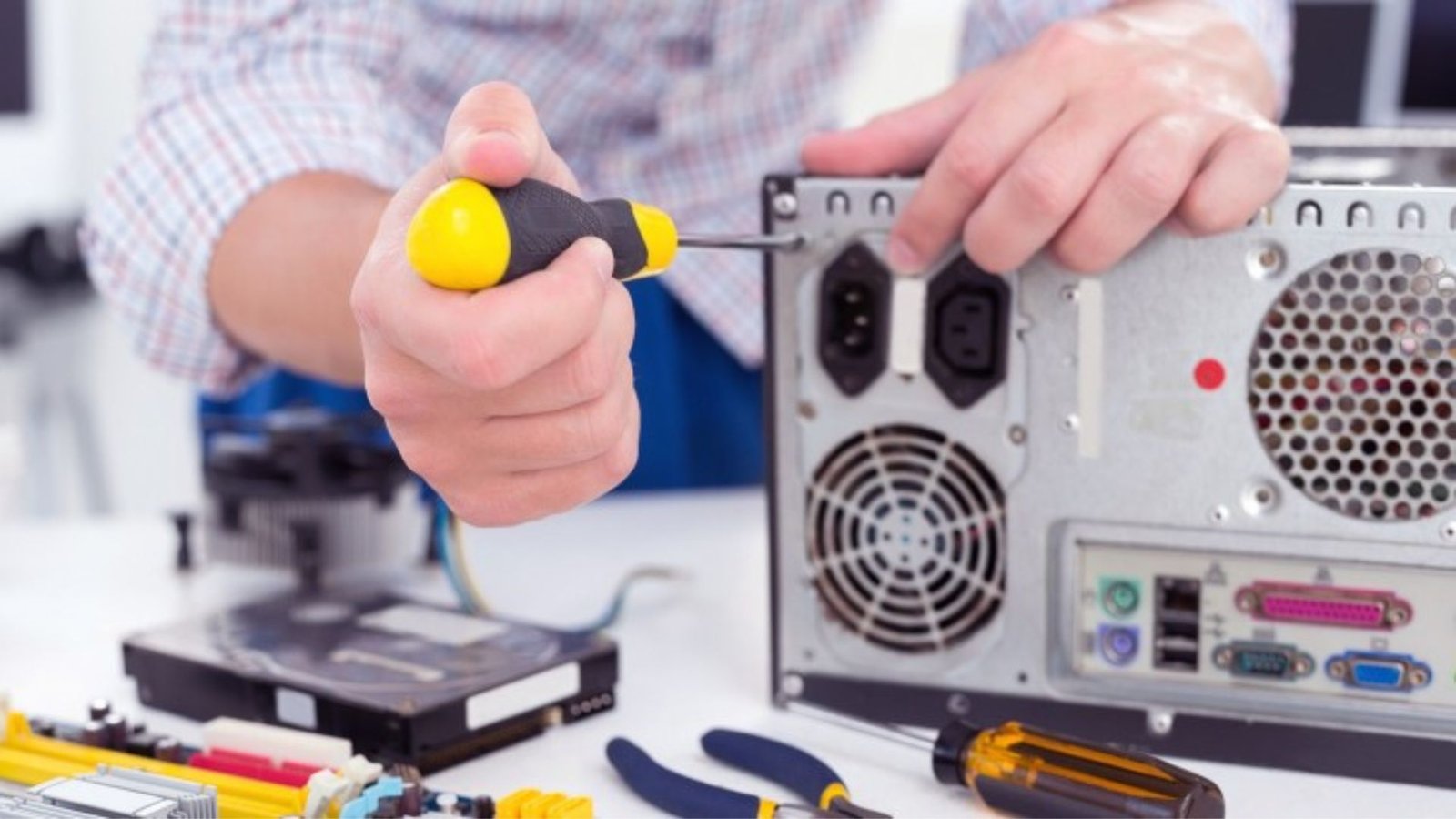Keeping your computer clean and organized is essential to ensure it runs smoothly and efficiently. By organizing your personal computer files, you can improve your productivity and make it easier to find the documents and data you need. In this article, we’ll go over some practical steps to help you tidy up your computer and keep it clutter-free.
Why Organizing Your Personal Computer Files is Important
Organizing your personal computer files is crucial for maintaining a fast and efficient system. When your files are neatly categorized and stored, it not only makes them easier to access but also helps improve your computer’s overall performance. A cluttered desktop or hard drive can slow down your system, making it harder to locate important files. By taking time to organize everything, you can prevent future chaos and ensure your computer operates smoothly.

Start with a File Audit
Before you start organizing your personal computer files, take some time to audit what you have. Go through your desktop, downloads, documents, and other folders to assess what’s there. You’ll likely come across duplicate files, outdated documents, or items you no longer need. Delete what’s unnecessary and make a list of the key categories you’ll need to keep.
Create Folders and Subfolders
One of the best ways to organize your personal computer files is by creating a clear folder structure. Start by creating broad categories such as “Work,” “Personal,” “Photos,” and “Media.” Then, within each category, create subfolders that help break down your files into more specific groups. For instance, within “Work,” you can have folders for “Projects,” “Reports,” and “Meetings.” Having a clear folder hierarchy helps you find files faster and keeps everything neat.
Name Files Clearly
Another important aspect of organizing your personal computer files is proper file naming. Instead of saving files with vague names like “Document1” or “New File,” give them descriptive names that reflect their content. For example, if you have a report due, label it as “Project_Report_July2024” instead of a generic title. This way, you can quickly identify files without opening them.
Regularly Clean Your Downloads Folder
Your downloads folder is often where clutter builds up the fastest. Every time you download a document, image, or program, it typically goes into this folder. Make it a habit to clean your downloads regularly. Move files that you want to keep to their respective folders and delete anything that’s no longer needed. Keeping this folder clean helps prevent unnecessary clutter and frees up storage space.
Use Cloud Storage for Backup
Another great way to organize your personal computer files is by utilizing cloud storage. Services like Google Drive, Dropbox, or OneDrive allow you to store files securely online. Not only does this help free up space on your computer, but it also ensures that your important documents are backed up. By syncing files with cloud storage, you’ll have access to them from any device, adding convenience and safety.
Uninstall Unnecessary Programs
Besides organizing your personal computer files, it’s also important to remove any programs you don’t use. Unnecessary applications take up valuable storage and may slow down your system. Go through your list of installed programs and uninstall anything that you no longer need. This simple step can help improve your computer’s speed and free up space for essential files.
Keep Your Desktop Clean
A cluttered desktop can slow down your computer and make it difficult to find what you need. Try to keep your desktop as clean as possible by only storing shortcuts to frequently used programs. Any documents, images, or temporary files should be moved to their respective folders. By maintaining a clean desktop, you can prevent performance issues and enjoy a more organized workspace.
Use Software to Help Organize Files
There are various software tools available that can assist in organizing your personal computer files. Programs like CCleaner can help you delete junk files, while file management apps like “File Juggler” automatically organize files based on rules you set. These tools can make the process easier and ensure that your computer stays clean and clutter-free.
Schedule Regular Maintenance
Once you’ve organized your personal computer files, it’s important to keep them that way. Schedule regular maintenance every month to go through your files, delete what’s no longer needed, and update your folder structure if necessary. Staying on top of your organization ensures that your computer continues running efficiently.
Conclusion
In conclusion, organizing your personal computer files is not only about making your workspace more efficient but also about improving your computer’s performance. By taking the time to audit your files, create clear folder structures, and regularly clean out unnecessary items, you’ll have a faster and more organized system. With these steps in place, you can maintain a clutter-free computer that meets all your personal and professional needs.











